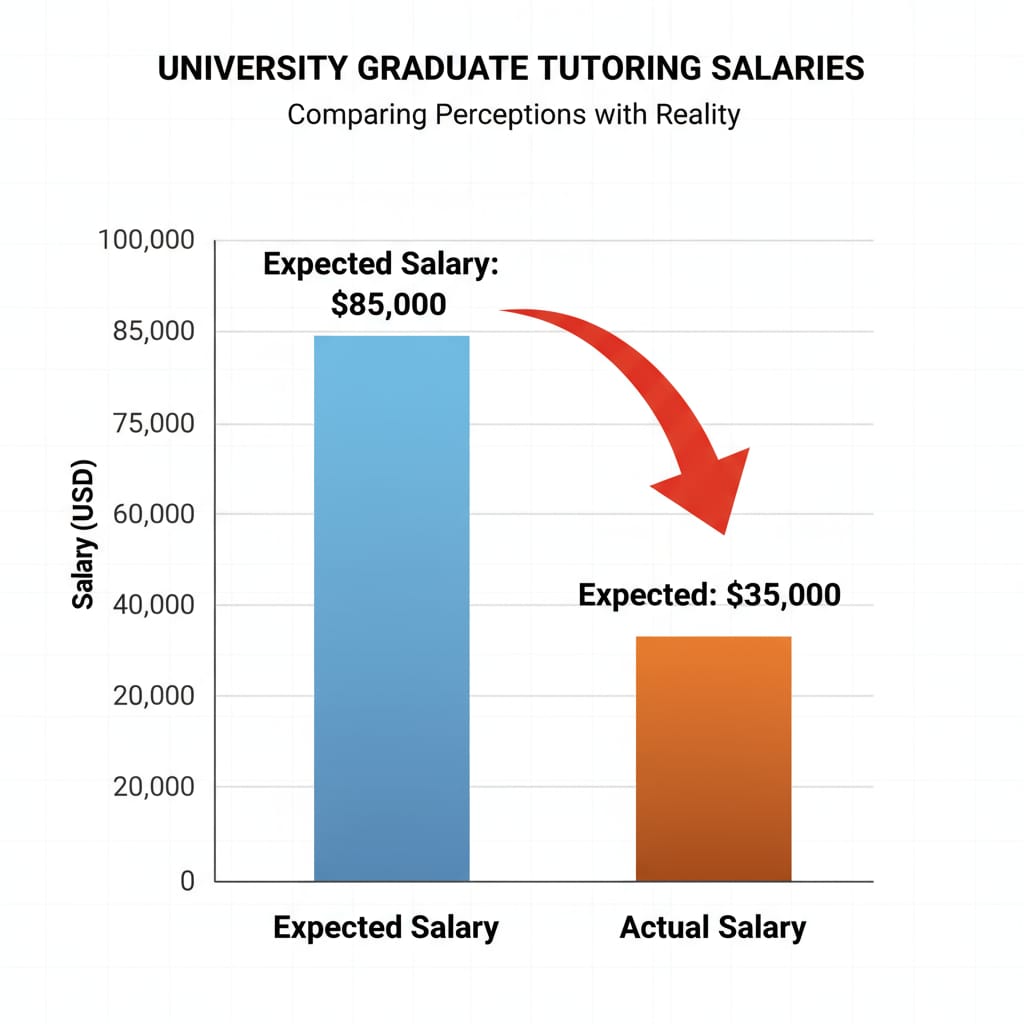In the K12 tutoring industry, the issue of tutoring companies offering low salaries to university graduates has become a matter of great concern. This pay inequity not only affects the individuals involved but also has broader implications for the education system.

As the demand for K12 tutoring has soared in recent years, tutoring companies have been on a hiring spree. However, they often underpay fresh graduates, creating a significant disparity between the skills and education these graduates bring and the compensation they receive.
The Phenomenon of Low Pay in the Tutoring Industry
Tutoring companies, in an attempt to cut costs, frequently offer meager salaries to university graduates. These graduates, who have invested years in their education, are often left disheartened. For example, many graduates with degrees in education or related fields expect a reasonable wage for their knowledge and teaching skills. But instead, they find themselves accepting jobs with salaries that barely cover their living expenses. According to Indeed’s salary data, the average pay for entry – level tutors from tutoring companies is often much lower than what graduates deserve based on their qualifications.

Impact on Education Quality
This pay inequity also has a detrimental effect on the quality of education provided. When graduates are underpaid, they may lack the motivation to give their best in tutoring sessions. As a result, students may not receive the high – quality instruction they need. In addition, talented graduates may be discouraged from entering the tutoring field, leading to a shortage of skilled tutors in the long run. This can ultimately impact the academic performance of K12 students. For instance, a motivated and well – paid tutor is more likely to design engaging lesson plans and provide personalized attention to students, as compared to one who feels undervalued due to low pay.
Moreover, the low pay can lead to high turnover rates among tutors. Tutoring companies then have to constantly recruit new graduates, which disrupts the continuity of education for students. This vicious cycle further exacerbates the problem of maintaining a high standard of education in the K12 tutoring sector.
Readability guidance: The paragraphs above use short sentences and simple language to convey the main ideas. Transition words like ‘for example’, ‘in addition’ are used to connect different points. The focus is on explaining the problem of low pay in the tutoring industry and its impacts clearly.


